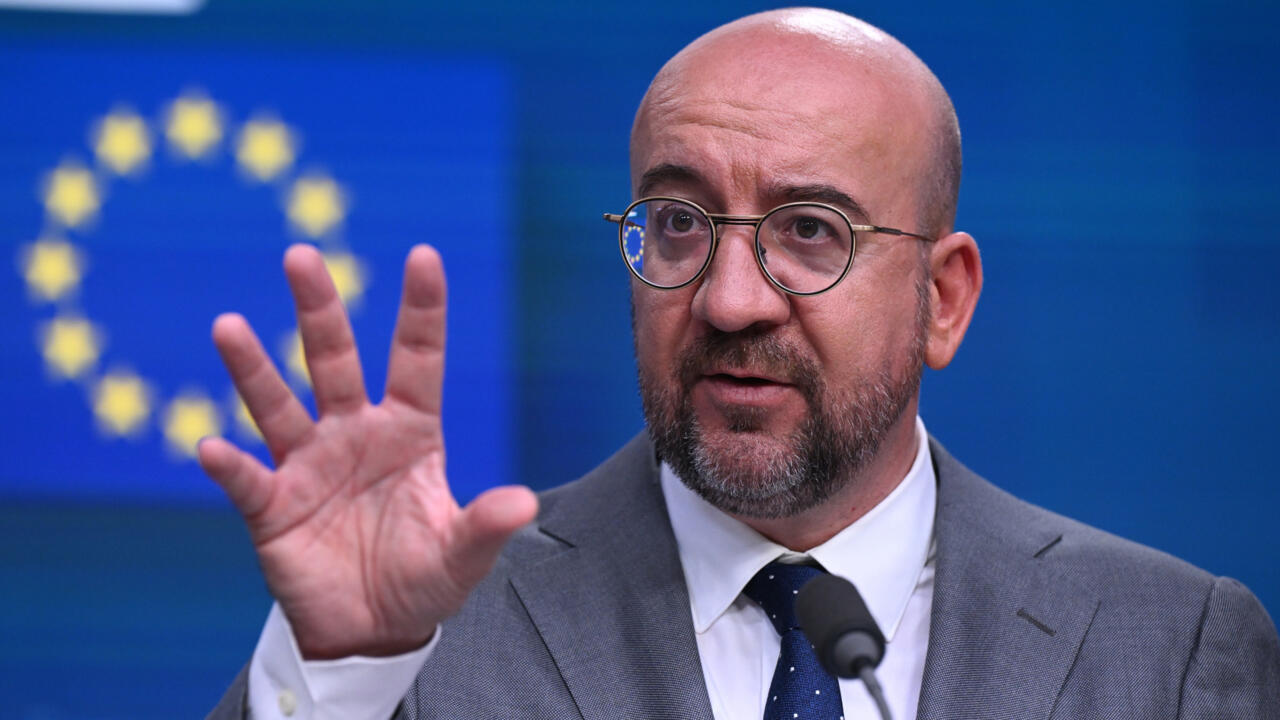- cross-posted to:
- china@sopuli.xyz
- cross-posted to:
- china@sopuli.xyz
The European Council president met Chinese Premier Li Qiang on the margins of a Southeast Asian summit in Laos as Beijing and the European Union impose tit-for-tat penalties on each other’s imports in a row about subsidies and protectionism.
Michel said in an interview with AFP that after his “frank and candid” talks with Li, he hoped a deal could be struck in the coming days or weeks – but he warned that getting there would be tough.
[…]
“We count on China to adapt its behaviour and to understand that we have to rebalance the economic relationships for more fairness, for fair competition, for a more level playing field.”
[…]
A furious Beijing has responded with new tariffs on EU-made brandy, alarming French producers, while Brussels is also investigating Chinese subsidies for solar panels and wind turbines.
China is also tangled in a bitter, wide-ranging trade dispute with the United States, with Washington announcing sharp tariff hikes targeting $18 billion of Chinese goods including electric vehicles, EV batteries and solar cells.
Beijing reacted angrily to Michel’s remarks Friday, condemning what it called the EU’s “lose-lose” approach to the dispute.
[…]
With the global economy rattled by conflict in Ukraine and fresh turmoil in the Middle East, Michel said it was better for all to avoid a trade war.
But he insisted the EU would no longer be “naive” about massive government subsidies, though he offered some hope the two sides would find a way out of the row.
[…]



So?
You made the point Chinese cars are more expensive in the EU than they are in china. I told you part of the reason why… then there is shipping… eu dealer markup… And Chinese cars are cheaper because the makers get heavily subsidised, giving them an unfair edge over their competitors. The goal is to buy market share and break competition. The EU asked the companies to open their books to show this was incorrect, the companies chose not to comply. Thus tarrifs to take away the unfair advantage.